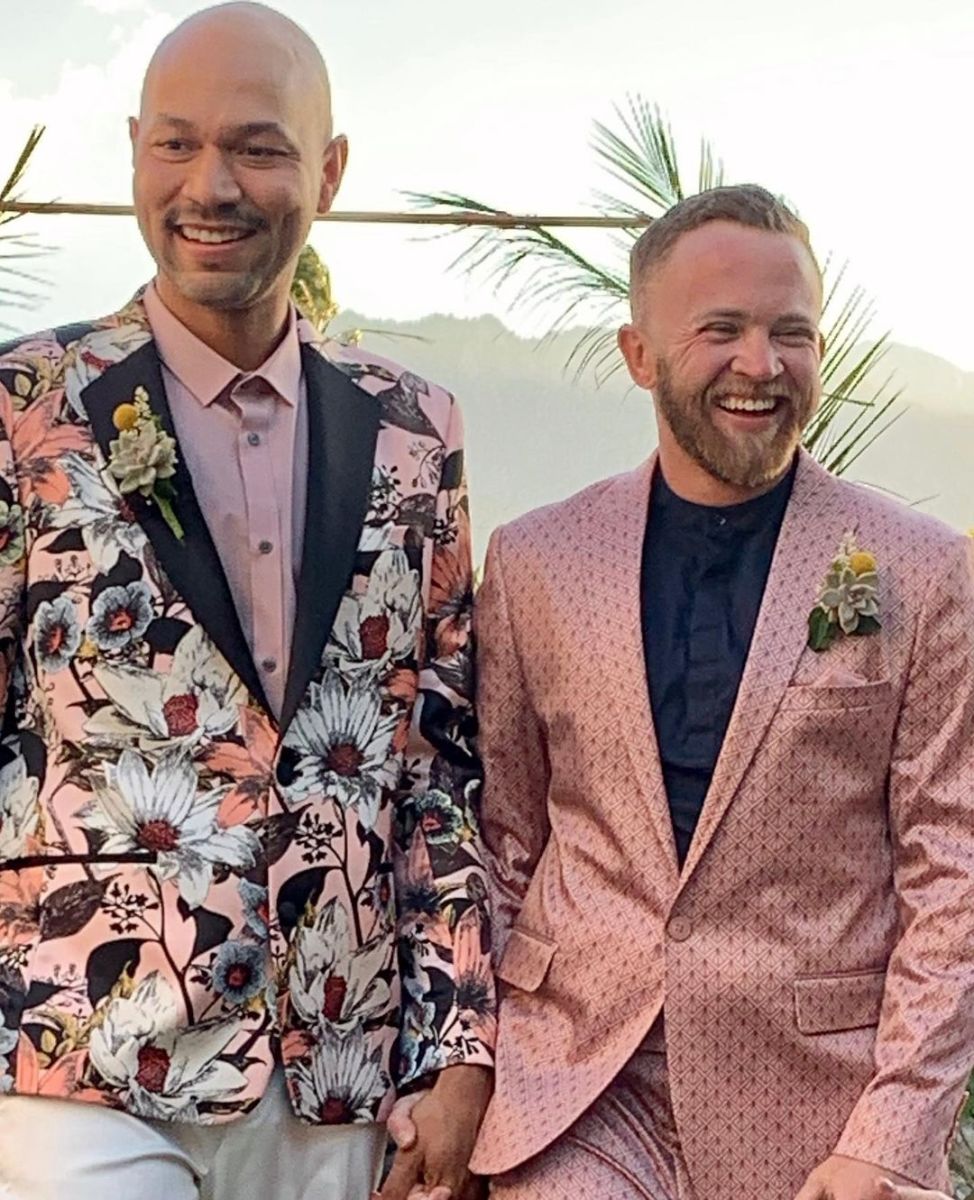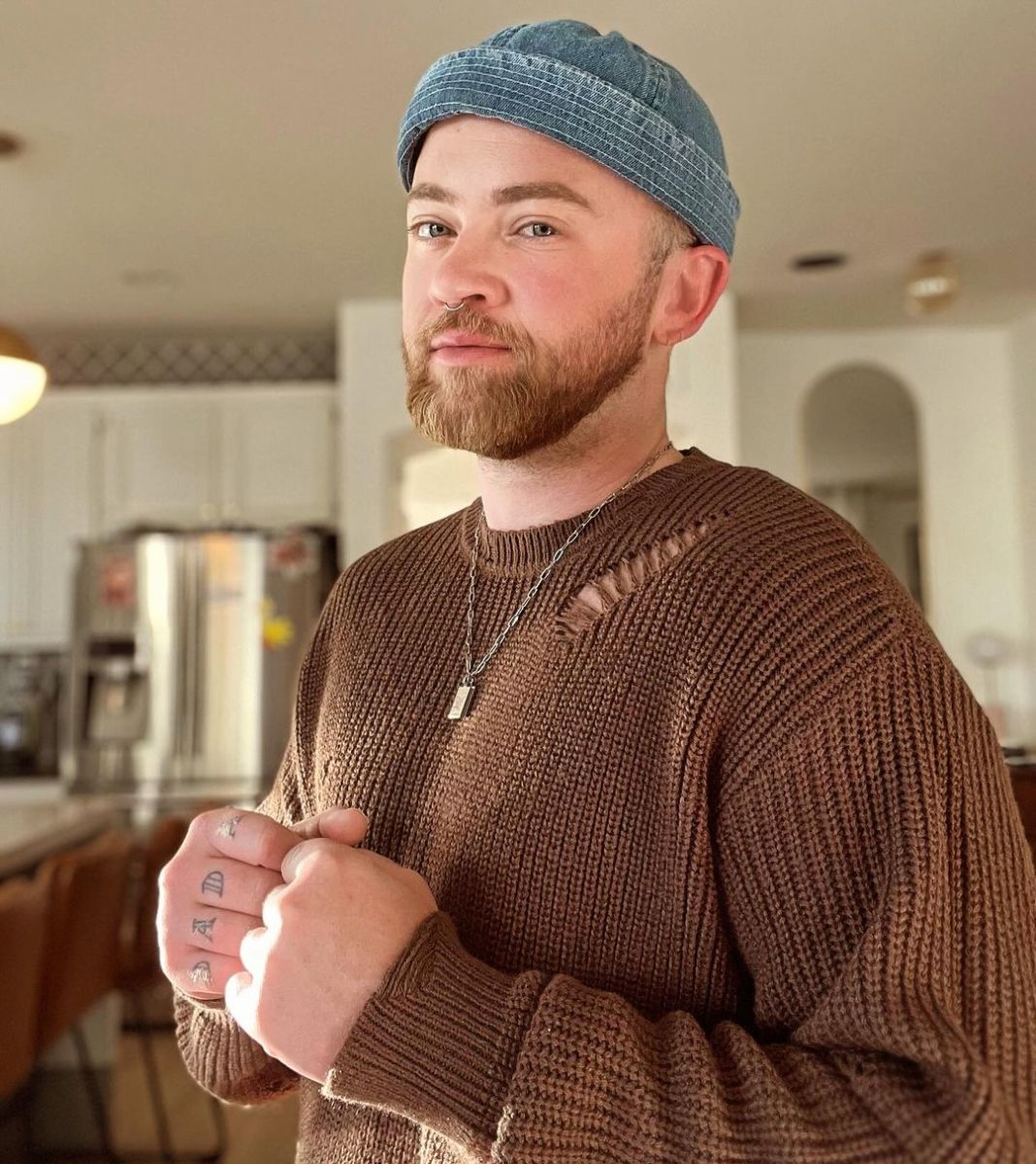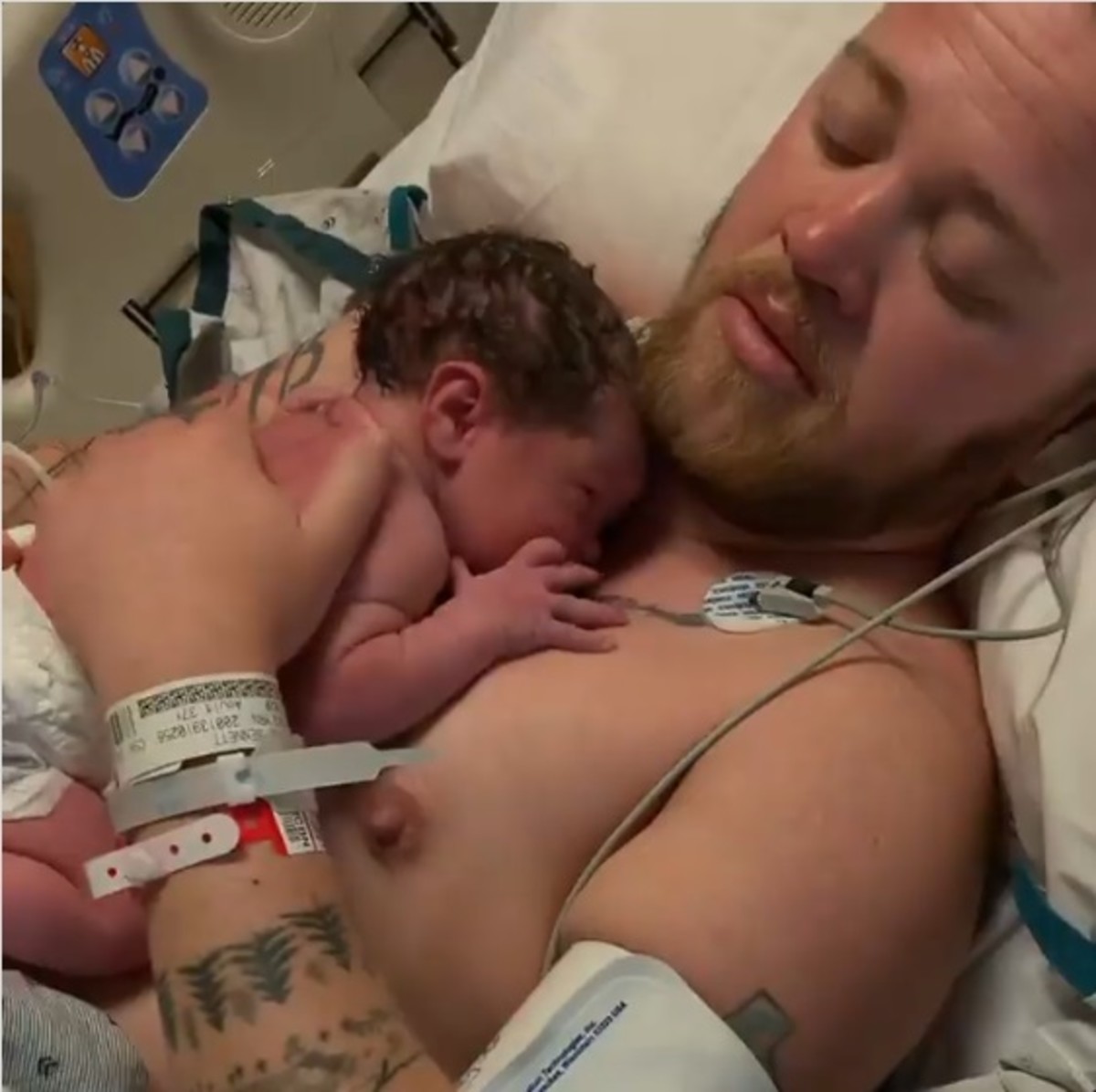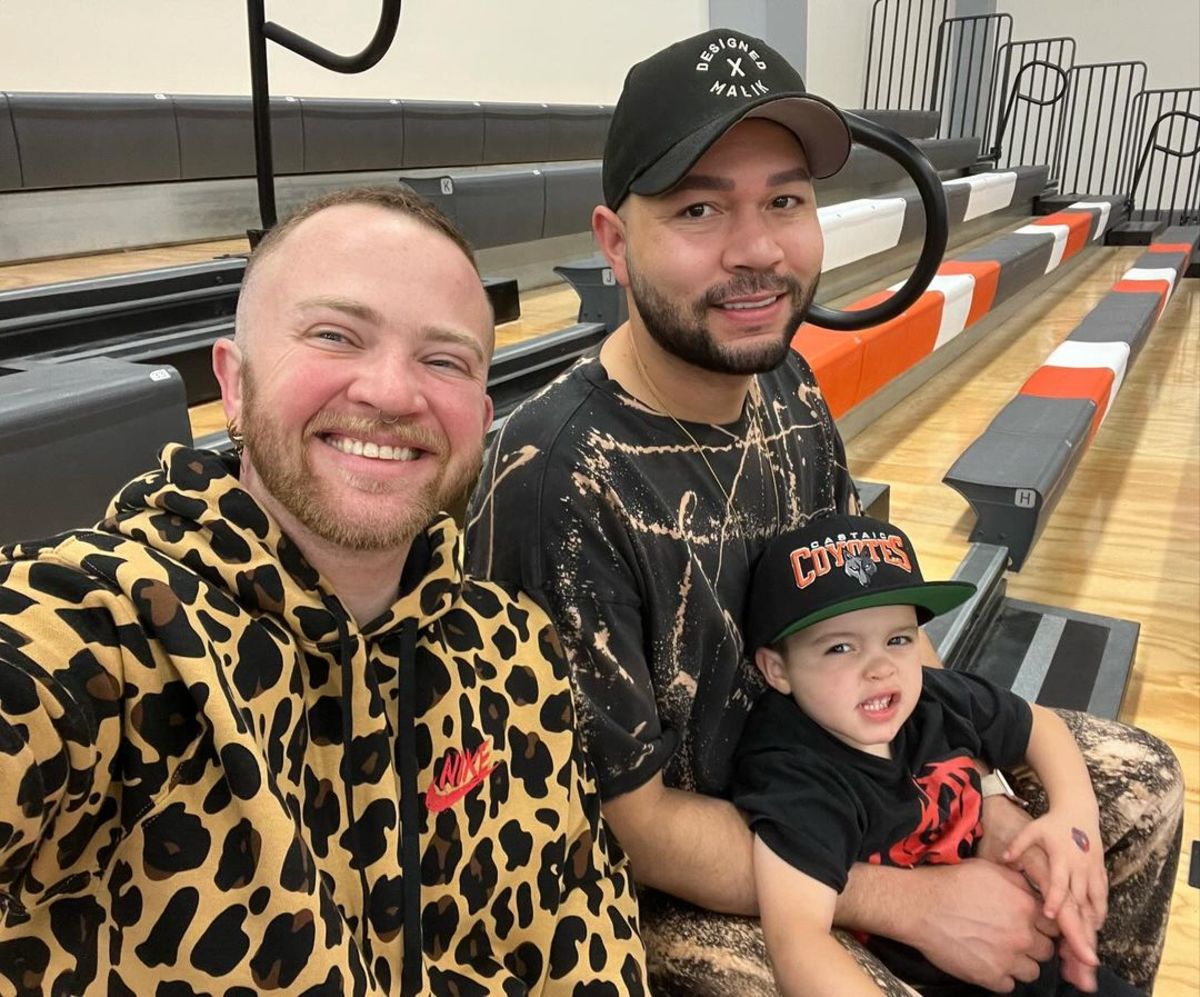Honoring people’s preferred names and pronouns is more than just a courtesy—it’s a powerful act of respect for their true identity. Unfortunately, many still resist embracing this simple kindness, clinging to outdated ideas or dismissing the rich spectrum of gender diversity altogether.

Bennett Kaspar-Williams, 37, and their husband Malik joyfully welcomed their son Hudson in October 2020 via cesarean section. At the time, Kaspar-Williams identified as male and used he/him pronouns, but today they embrace a non-binary identity, using both he/him and they/them pronouns. Their journey began in 2011 with the realization of being transgender, and by 2014, Kaspar-Williams had begun transitioning. Although he underwent top surgery, he chose not to pursue lower body procedures.
The experience of pregnancy and childbirth was deeply meaningful yet challenging for Kaspar-Williams—especially because hospital staff repeatedly misgendered him, referring to him as a mother instead of the father he is. This persistent misgendering overlooked and dismissed his true identity, leaving him disheartened despite the joy of becoming a parent.

Despite clearly indicating his gender on medical forms, Kaspar-Williams was repeatedly misgendered by nursing staff throughout his hospital stay. This painful experience underscored the persistent challenge of breaking the outdated assumption that childbirth and gender identity are inseparable. Kaspar-Williams openly shared his distress over being called “mom” during such a pivotal moment, emphasizing the urgent need to separate the ideas of womanhood and motherhood. Speaking to the New York Post, he expressed how deeply uncomfortable and invalidated he felt whenever staff ignored his male identity despite it being clearly documented.

“No one can truly know if having children is possible until they try — being born with a uterus doesn’t guarantee conceiving or carrying a pregnancy,” Kaspar-Williams explained. “That’s why it’s so crucial to challenge the idea that ‘womanhood’ is defined by ‘motherhood.’ It’s a false equivalence to assume all women can become mothers, that all mothers carry their children, or that everyone who carries children is a mother.”
By choosing to embark on his pregnancy journey while separating bodily functions from gender identity, Kaspar-Williams highlights the complexity of identity and the urgent need to honor each person’s self-identification. His story serves as a powerful reminder that respect for individual identity must always come first.

Kaspar-Williams’ experience is a powerful reminder of the urgent need for greater awareness and sensitivity within medical settings. As society progresses, our understanding and respect for gender diversity must evolve alongside it. By honoring people’s chosen names and pronouns, we take a vital step toward building a more inclusive, compassionate world.
His journey through pregnancy and childbirth stands as a compelling call for change in how gender is recognized and respected—especially in critical spaces like healthcare. This story goes beyond one individual’s experience; it shines a light on the broader challenge of embracing and affirming everyone’s identity with dignity, wherever life takes us.


